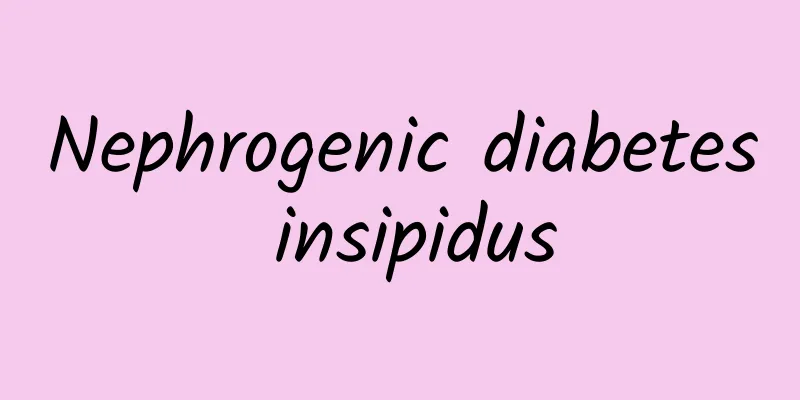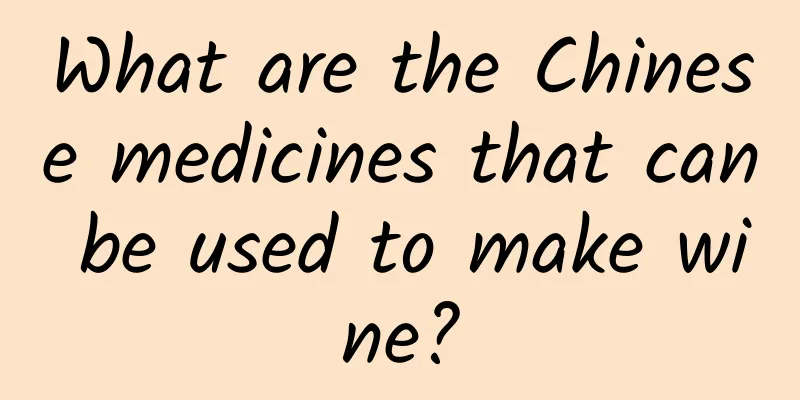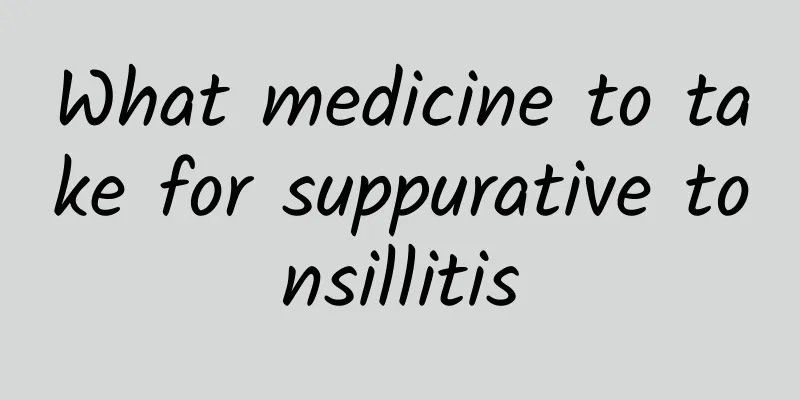37.8 Can I take antipyretics?

|
Whether or not to take antipyretics when you have a fever depends on the degree of the fever. So can you take antipyretics if the fever is 37.8 degrees? This temperature is not within the high fever range, so you don't need to take medicine for the time being. You can just use rational methods to reduce the temperature. At the same time, you should drink more water and eat more vegetables and fruits. Especially when children have a fever, if the temperature does not exceed 38 degrees and their mental state is good, there is no need to take medicine to reduce the temperature, but you must pay close attention to changes in temperature. Taking medicine for a minor fever will affect the child's immunity in the future. It is recommended not to take medicine Your baby's immune system is not yet fully developed and he or she may get sick easily. The nervous system of infants and young children is not yet fully developed, so they are prone to high fever or have their body temperature rise rapidly after taking medicine to reduce the fever. To this end, parents should have a basic understanding. In addition to treating and caring for sick children according to doctor's orders, parents should also learn and master some necessary knowledge to identify diseases. 1. Pay attention to your child’s mental state. If the child has a high fever but is in good spirits, and can still laugh and play after taking medicine to reduce the fever, and is almost the same as usual, it means that the child's condition is not serious and he or she can be rest assured to recuperate at home. If the child is listless, tired, and has a dull expression, it indicates that the child is seriously ill and should be taken to the hospital immediately. 2. Observe the child’s complexion. If the child's complexion is normal or flushed, you can rest assured to take care of him at home; if his complexion is dull, yellow, blue, or purple, and his eyes are dull, it means that the condition is serious and he should be sent to the hospital. 3. Observe whether the child has severe, projectile vomiting. If so, it indicates a brain disease, and the child should go to the hospital. 4. Check whether there is any rash on the skin. If there is, it indicates an infectious disease or drug allergy; check whether the skin is purple or cool. If there is, it indicates circulatory failure. In both cases, you need to go to the hospital again. 5. Observe whether the child has abdominal pain and bloody stools. Abdominal pain that does not allow massage indicates acute abdomen, and bloody stools indicate dysentery, etc., and you must go to the hospital. If the child only has a high fever and does not have the above complications, there is no need to worry even if the fever subsides slowly or recurs from time to time. You should patiently treat and care for the child at home. |
<<: Why does a child sweat after the fever subsides?
>>: What Chinese medicine to take for stomachache
Recommend
Causes of small blood spots on the body
Many people find that there are many small blood ...
What causes a newborn baby to have thick white tongue coating? How to deal with it?
In our lives, I believe everyone has a certain un...
What are the main methods to prevent nasal polyps?
Nasal polyps are a relatively common disease of t...
What is the effect of moxibustion on Sanyinjiao?
Moxibustion at Sanyinjiao can have a wide range o...
Causes and treatment of AIDS
When it comes to AIDS, many people stay away from...
What to do if prolactin is high and infertility occurs
Prolactin is a type of estrogen secreted by women...
What to do if you have a blocked nose due to a severe cold
Sometimes when people have a severe cold, they wi...
How to recover from sunburned ankles
The ankle area is easily tanned, especially in th...
Gastrodia elata for trigeminal nerve
Trigeminal neuralgia is a very common symptom and...
Why do I feel anxious after drinking strong tea?
If you experience palpitations when drinking stro...
Why is the glans penis sensitive after ejaculation?
The main function of the male penis is to reprodu...
What is the best medicine for toothache?
Teeth are important organs in the oral cavity and ...
What are radish seeds?
Many people don't know much about radish seed...
Periventricular leukomalacia
The human brain has many parts, including the cer...
What are the dangers of coccyx protrusion?
We all know that our coccyx has less fat layer an...









